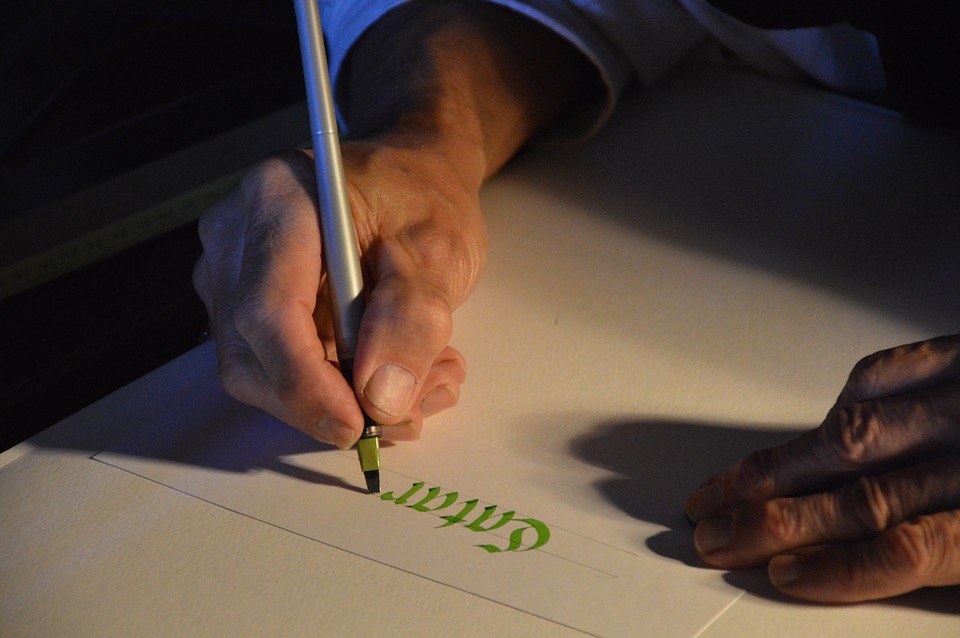
Is handwriting actually important? Is handwriting education really needed by society? Katherine J. Collmer, M.Ed., OTR/L posits these questions in “Handwriting: You can take it personal”. Issues of conformity, individuality, self-expression, authority, class, elitism and psychology are all broached while handily tracing the history of writing back to the Sumerians and Egyptians. The very structure of language, from typesets to the size of the alphabet reflects a society’s pattern of communication, Collmer argues, as does ours.
Personalized, non conforming handwriting style, should be seen as a positive trait provided it can clearly convey intended thoughts. Rejection Reason: The article doesn’t flow well. The main point is lost among attempts at scholarly annotation. I fought through the writing because I have a very personal interest, but it was too cumbersome to enjoy. Because I didn’t enjoy it, the overall layout seemed focused on sales.
As language and society became more complex and penmanship commoditized as a viable skill, handwriting became a hot topic amongst educators. The author coaxes us slowly to an insidious and fateful point; what if our handwriting reflects- on some subtle level- those socioeconomic factors of our fate? If our penmanship reveals who we are socially- in a world attempting to overcome those old stigmas- perhaps we are after all, better without formalized instruction at all?
Key Takeaways:
1
Handwriting is a lost art.
2
Many people can’t even read their own handwriting.
3
Handwriting programs help people improve their handwriting.
Read the full article here:
http://blog.handwritingwithkatherine.com/handwriting-you-can-take-it-personal/
http://blog.handwritingwithkatherine.com/handwriting-you-can-take-it-personal/
Do You Need help with a Dysgraphia Difficulty?
Our simple online analysis will help you get to the core of the problem and find the right solution for you.
Understanding how to help someone with a learning difficulty starts with understanding which micro-skills are affected. When you learn which of the micro-skills is the problem, you will then be on your way to solving it.
You'll also learn how to:
- Build confidence
- Enhance Learning ability
- Eliminate avoidance
- Build grit
You can get this analysis for free by filling out this simple form. This will help you get to the bottom of a learning difficulty and provide you with a solution. If you are ready to put this problem behind you click the button below and fill out the form.







